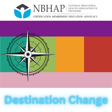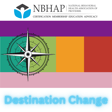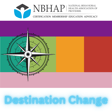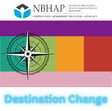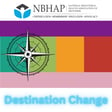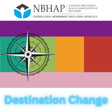
Pattie Vargas and Being a Grief Educator
Pattie’s life is a testament to the profound strength of the human spirit and the ability to find purpose amid overwhelming pain. After facing the heart-wrenching challenges of having two of her three children struggle with substance use disorder, Pattie’s world was further shaken when her son, Joel, lost his decades-long battle with the disease in 2017. In the wake of this profound loss, Pattie became determined to better understand the family experience of addiction. She has since used her own lived experience to support and guide others who are navigating the isolating and stigmatizing road of addiction and loss.
As a Compassionate Bereavement Care™ Certified Provider and Kessler Certified Grief Educator, Pattie works with individuals, families, and communities impacted by loss. She is a Peer Parent Coach with the Partnership to End Addiction, and co-facilitates their online grief support community, and is the host of Finding Hope After Loss, Grief Support groups for The Happier Life Project. She is also an Advisor and facilitator with the Hopestream Community, certified in the CRAFT and Invitation to Change models. As an advocate for recovery policies, she is a California State Organizer with the Recovery Advocacy Project, serves on the RCO/RCC Advisory Committee, and was named the 2022 Architect of Recovery by CCAPP (CA Consortium of Addiction Professionals.) Her book, Secrets, Scars and Heart Shaped Jars, shares her family’s journey through addiction, loss and recovery.
